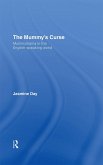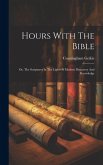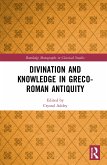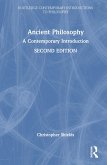This is the extraordinary story of the discovery of the gene that makes us human. For readers of The Dawn of Everything and Sapiens. Over 300,000 years ago, a single gene mutated. It spread over time, becoming critical in transforming our earliest ancestors into fully modern humans, capable of navigating the entire planet and beyond. Then, just a few thousand years ago, humans gradually outsourced knowledge to writing, and we displaced art and music from the heart of knowledge-keeping. This is the extraordinary story of the discovery of a supergene that makes us uniquely human. Dr. Lynne Kelly recounts how a widespread congenital disorder was the critical clue she and her collaborators needed to identify the gene that has long eluded researchers into human cognition. The knowledge gene supercharged our ability to learn and share knowledge with others, explaining the prodigious memories of Indigenous peoples the world over. The discovery of the knowledge gene unlocks many other puzzles too. It explains for the first time why humans are the only species to make art, offers new insights into the earliest music and storytelling, and into the cognitive strengths of neurodivergent people. The Knowledge Gene shows that we can all access the full power of our memories, without giving up any of the advantages of writing and technology. The implications for learning and creativity at any age are profound.
Hinweis: Dieser Artikel kann nur an eine deutsche Lieferadresse ausgeliefert werden.
Hinweis: Dieser Artikel kann nur an eine deutsche Lieferadresse ausgeliefert werden.








